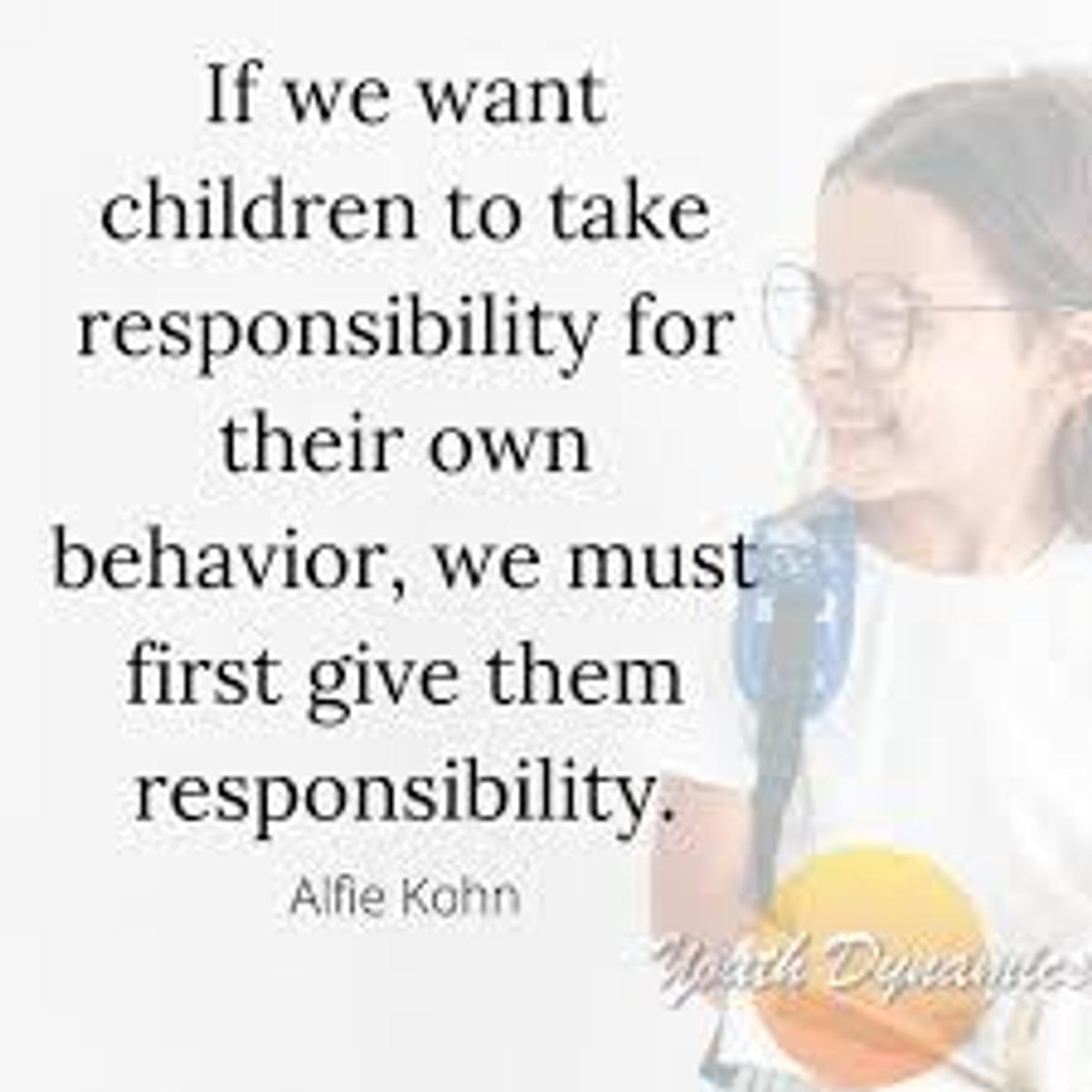And now a word from
Mrs Richards...

And now a word from
Mrs Richards...
Responsibility is one of our Super 6 Values at Parkdale Primary School. The children demonstrate this value by;
Teaching responsibility is one of the most valuable lessons we can offer our children, especially during their primary school years. At this stage in their development, children are naturally curious and eager to learn. By introducing them to the concept of responsibility, we set them up for success both in school and in their personal lives.
Building Independence


When children learn responsibility, they begin to understand the importance of taking charge of their actions. This fosters independence. Simple tasks, such as packing their school bags, completing homework on time, or helping with jobs at home, encourage children to think ahead and manage their time effectively. These small steps towards self-sufficiency help them develop a sense of control over their environment.
Encouraging Accountability
Taking responsibility for actions teaches children accountability. They learn that their choices, whether positive or negative, have consequences. This sense of accountability can lead to better decision-making as they grow older. When children understand that they are responsible for completing tasks or meeting expectations, they begin to appreciate the importance of following through on commitments.
Boosting Self-Esteem
Children who take on responsibilities and succeed at them develop a sense of pride and self-esteem. Accomplishing tasks on their own, no matter how small, boosts their confidence and reinforces the belief that they are capable of handling challenges. This positive self-image encourages them to take on more responsibilities, both in school and at home.
Fostering Empathy and Cooperation
Teaching responsibility also helps children understand their role within a group, be it family, classmates, or community. When they contribute to shared tasks, they realize the importance of cooperation and how their actions affect others. This fosters empathy, as they begin to appreciate the value of teamwork and helping those around them.
Preparation for the Future
As children grow, the responsibilities they face will only increase. By instilling these values at a young age, we prepare them to handle greater challenges in the future. They will become adults who are dependable, resourceful, and ready to take on life’s responsibilities with confidence.

